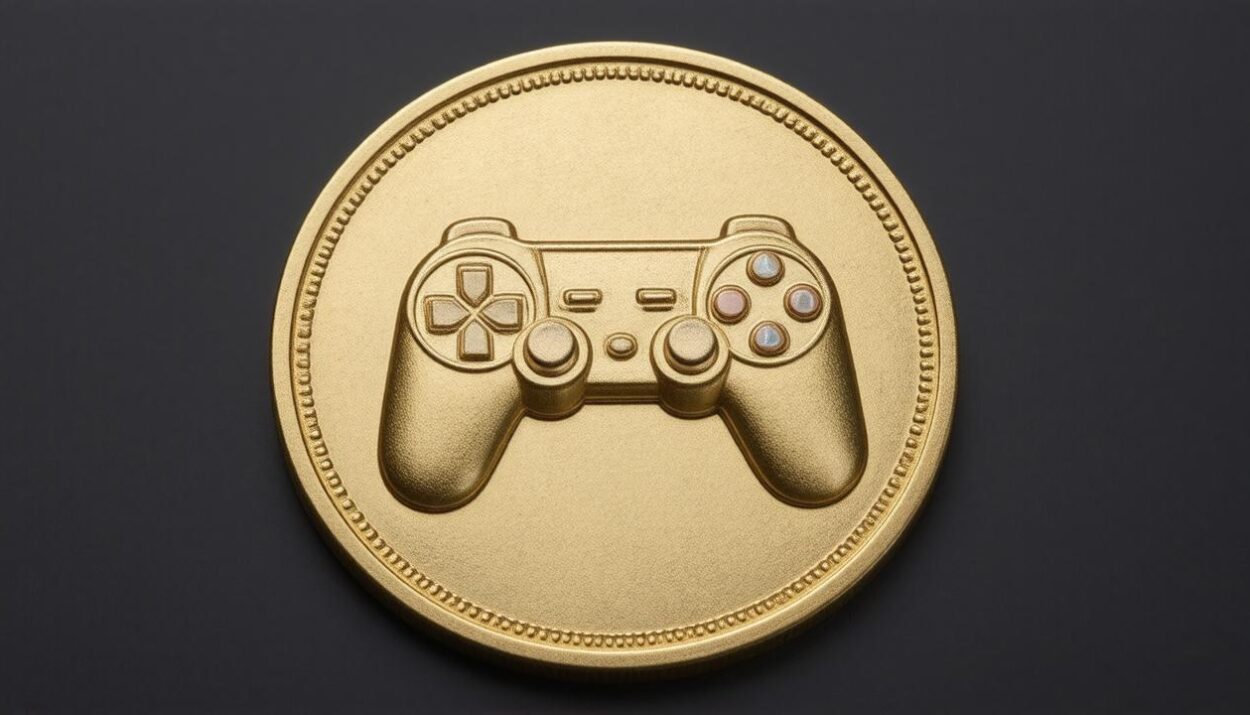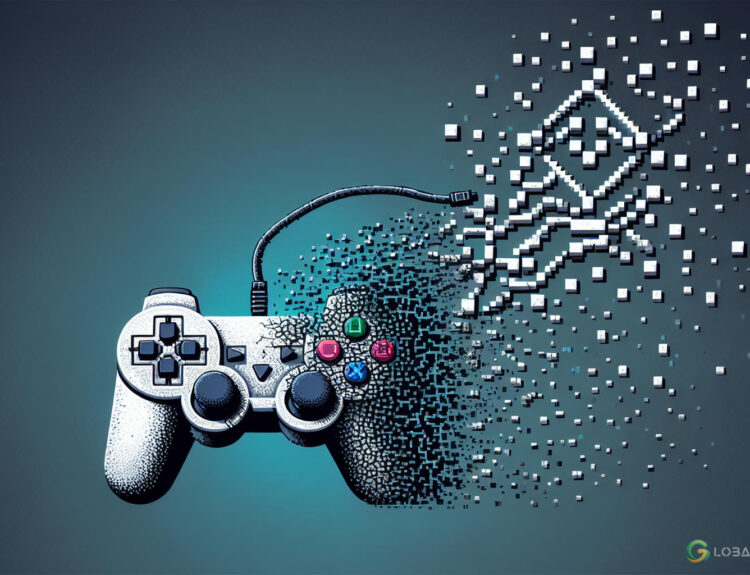United Arab Emirates: A Rising Star in Web3 Gaming
The United Arab Emirates has solidified its position as a global hub for innovation, with gaming at the forefront of its digital transformation. In 2023, the country’s gaming market reached a valuation of over $420 million, growing at a steady annual rate of 8.94%. This thriving market is underpinned by a passionate gaming culture, with nine out of ten UAE adults identifying as gamers and 23% spending more than 11 hours per week playing.
Blockchain Gaming’s Revival
As the gaming industry shifts toward web3, the UAE is making bold moves to ensure its leadership in this sector. With 4.4 million daily active wallets globally and $110 million in funding during Q3 alone, blockchain gaming is expected to contribute $1 billion to the UAE economy by 2025, establishing the nation as a critical player in the global web3 gaming market, which is projected to hit $4 billion.
A Strategic Asset for the UAE
The UAE views web3 as a strategic asset, an avenue to redefine how games are developed, played, and monetized. The country has been actively driving the web3 gaming sector, alongside China and Vietnam, with a detailed roadmap designed to attract global players and local talent.
The Dubai Gaming Program 2023 and initiatives like the DMCC Gaming Centre and Abu Dhabi’s AD Gaming program demonstrate the UAE’s commitment to building an ecosystem, not just a market. These efforts provide comprehensive resources, including funding opportunities, incubators, commercial space, and highly skilled talent pools, to support the growth of the web3 gaming industry.
NFTs and Venture Capital: A Winning Formula
The UAE’s web3 gaming ambitions also extend into the realms of NFTs. The role of NFTs in the UAE’s web3 strategy is not just a digital art or gaming asset, but integral to creating immersive and player-driven economies. This approach has attracted global venture capital, with major players like Sequoia Capital and Andreessen Horowitz investing heavily in UAE-based blockchain gaming projects.
Polygon, a blockchain scalability platform, is a prime example of this synergy, showcasing how the UAE’s strategic investments are pushing projects to launch more efficiently and at scale.
Challenges Ahead
Despite the developments in this sector, the road ahead isn’t without obstacles. Scalability remains a critical issue for blockchain gaming platforms. However, the UAE’s proactive approach to mitigation, with a clear regulatory framework and continuous upgrades to its tech infrastructure, sets it apart from other regions.
The UAE’s ambitions extend beyond gaming, with a broader economic transformation focused on embracing blockchain technology as a whole. The lessons learned from building a web3 gaming ecosystem will likely influence other sectors, from finance to real estate.
In the next few years, we expect to see more groundbreaking projects coming out of the UAE, cementing its position as a leader in web3 gaming.
The UAE’s web3 gaming ambitions are audacious, but they’re grounded in strategy and supported by an ecosystem designed for success.
For more news and insights on the web3 gaming industry and the latest developments in the cryptocurrency and blockchain space, visit Global Crypto News.
























